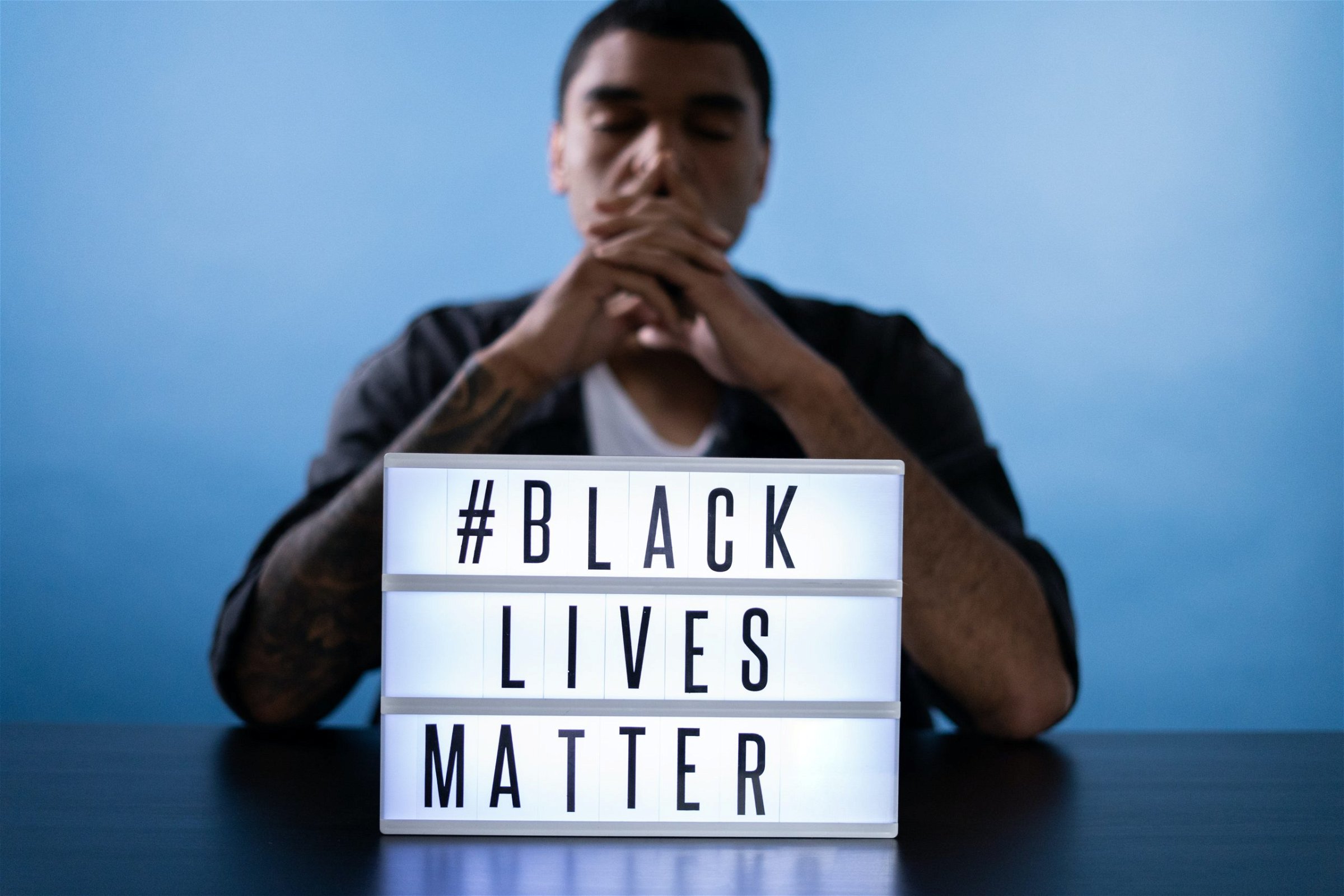It’s hard to believe it has been nearly ten years since the hashtag #BlackLivesMatter emerged in response to the acquittal of George Zimmerman for the murder of Trayvon Martin.
In the years since, this rallying cry has become an international movement powered by a decentralized network of grassroots organizations. The phrase has been maligned by countless politicians, right-wing media personalities, and others upholding systemic racism.
But try as those detractors might, the power embodied in that three-word phrase can no longer be stopped. It has been harnessed to effect change not just in political spaces but in social and professional spaces as well.
Over the last ten years, the Black Lives Matter movement has stood beside many families in a fight for justice in cases of police brutality. The work of these grassroots organizers has helped bring light to abuses in policing and the crucial need for reform in American policing.
While certain legislative changes at the national level remain elusive, the Black Lives Matter movement has helped pass laws like Georgia’s Hate Crime Bill, establishing additional punishments for any crime motivated by discrimination. The movement has truly galvanized young people across the globe.
At its most recent apex as a movement, the Black Lives Matter protests that happened worldwide in the wake of George Floyd’s death in the summer of 2020, as many as 26 million were actively involved with the movement at one time, the New York Times reported.
#BlackLivesMatters Connection to American Civil Rights Movement
None of those successes have left Black Lives Matter immune to criticism, even within the African-American community. One of the loudest complaints against the movement is its perceived lack of leadership, with voices as powerful as Oprah Winfrey calling for a clearer message and mission from the movement.
Much of that criticism has come from comparisons to the Civil Rights Movement of the 1950s and 1960s, which unequivocally changed the lives of Black people in America. Decades later, history clearly links the movement to a handful of powerful individuals who emerged as leaders.
Many have asked if Black Lives Matter is the new Civil Rights Movement, where are its Rosa Parks, Dr. Martin Luther King, Jr, and John Lewis. Who do we turn to for guidance and direction?
The truth is that it’s much easier to analyze a moment in history as impactful after the fact than it is to see it at the moment. It took nearly ten years for the Civil Rights Movement to reach critical mass leading to the moments American students have read about in the years since. From the Montgomery Bus Boycott to the March on Washington.
The Black Lives Matter movement was built on the foundation laid by the Civil Rights Movement. It also continues to embody all of the principles used by its pioneers. Collaboration, mentorship, and the ability to activate the many to fight for the rights of the disenfranchised few.
How to activate these key strengths in your own life:
Whether you seek to break barriers in your industry or organize your communities, BYP Mentors allow you to connect with those who have already paved the way for our current success.
Once the plan is in place, our BY-Peers initiatives are the perfect platform to help our community galvanize its power.
And, what better way to push forward your key strengths than by attending one of our US Summits focused around ‘Knowledge is Power’. Register your interest now to be the first to hear about ticket releases and programme details.






